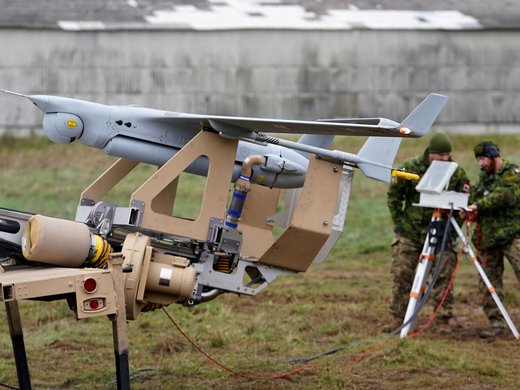As the parliamentary session ends for its customary summer break, we have witnessed a terrible instance of dysfunction – call its childishness – on the Hill. All politicians decry the worrying loss of public trust in government and Parliament – but sometimes they need to look in the mirror.
The House of Commons special committee on Canada-China relations has been pursuing the case of alleged security breaches at Canada’s foremost government research facility for infectious diseases: the National Microbiology Lab (NML) in Winnipeg. Two scientists at the NML had their security clearances revoked in July, 2019, and the Mounties were called in to investigate. Mystery has surrounded the case ever since, fuelled by lack of information and concerns about the two scientists’ ties to China. Controversy over their role has deepened with respect to the shipment of two dangerous virus samples (of Ebola and Henipah) to the Wuhan Institute of Virology in March, 2019.
Political theatre has the upper hand over genuine legislative concern in this affair. The opposition parties smell blood, and they are overtly charging the Liberals of a cover-up, citing the government’s soft policy approach to China and failure to take security breaches seriously. The Liberals have not exactly helped themselves by refusing more detailed explanations and maintaining an exaggerated approach to secrecy in the matter.
Health Minister Patty Hajdu recently agreed to turn over the classified records on the case to the National Security and Intelligence Committee of Parliamentarians – a different committee – for review. Opposition MPs on the Canada-China committee were not satisfied. They wanted to see the classified records themselves. We have been down this rabbit hole before, with Afghan war records regarding the treatment of prisoners of war under Canadian jurisdiction.
Falling down old rabbit holes is not the real problem. The problem is that Parliament seriously undermined its own creation by dismissing the role of the National Security and Intelligence Committee of Parliamentarians. This unique body was created explicitly to provide a parliamentary capacity to scrutinize and report on the work of Canada’s security and intelligence system, based on having access to a wide range of classified information. Since its creation in 2017, NSICOP has done excellent work and exposed aspects of the performance of the Canadian security system never before revealed.
But opposition MPs apparently don’t trust it to explore any problems with security breaches at the NML. Why not? The arguments are spurious. Perhaps to overheated minds, referring secret documents to NSICOP and having it engage in a study of the matter simply supports a Liberal cover-up.
The real answer behind MPs’ newfound distrust of NSICOP is more likely that the committee is determinedly non-partisan and is committed to protecting secrets divulged to it. NSICOP is not in the game of political theatre. It eschews a “gotcha” mentality. A well-meaning Parliament would have agreed to have NSICOP investigate the goings-on at the NML and to report on it promptly. Instead, the Conservatives have now thrown a wrench into the very existence of NSICOP by boycotting the committee and withdrawing their members.
A political stalemate ensues. The Liberals have now offered to mollify Parliament by creating scenarios where MPs without security clearances or knowledge of national security issues could view sensitive documents in controlled circumstances. This is half-baked. Meanwhile, Parliament plays a shame game by citing the president of the Public Health Agency of Canada, Iain Stewart, for contempt and treating him to a rare summons (the last was in 1913) to face the Speaker for failing to produce unredacted documents requested to the House of Commons. However this drama ends up playing out, needless and possibly fatal damage to NSICOP’s standing and reputation has been done.
There is a real need to ensure that security practices at Canada’s biological labs, both government-owned and in the private sector, have rigorous security protocols and are not engaged in technology transfer that is harmful to the national interest. We have, at the moment, no transparency on this important issue. It is too important a matter for political gamesmanship.
We need the facts. The best option would be to let the National Security and Intelligence Committee of Parliamentarians dig them out and report. Parliament should learn to respect its own.
This article was originally published by The Globe and Mail.


